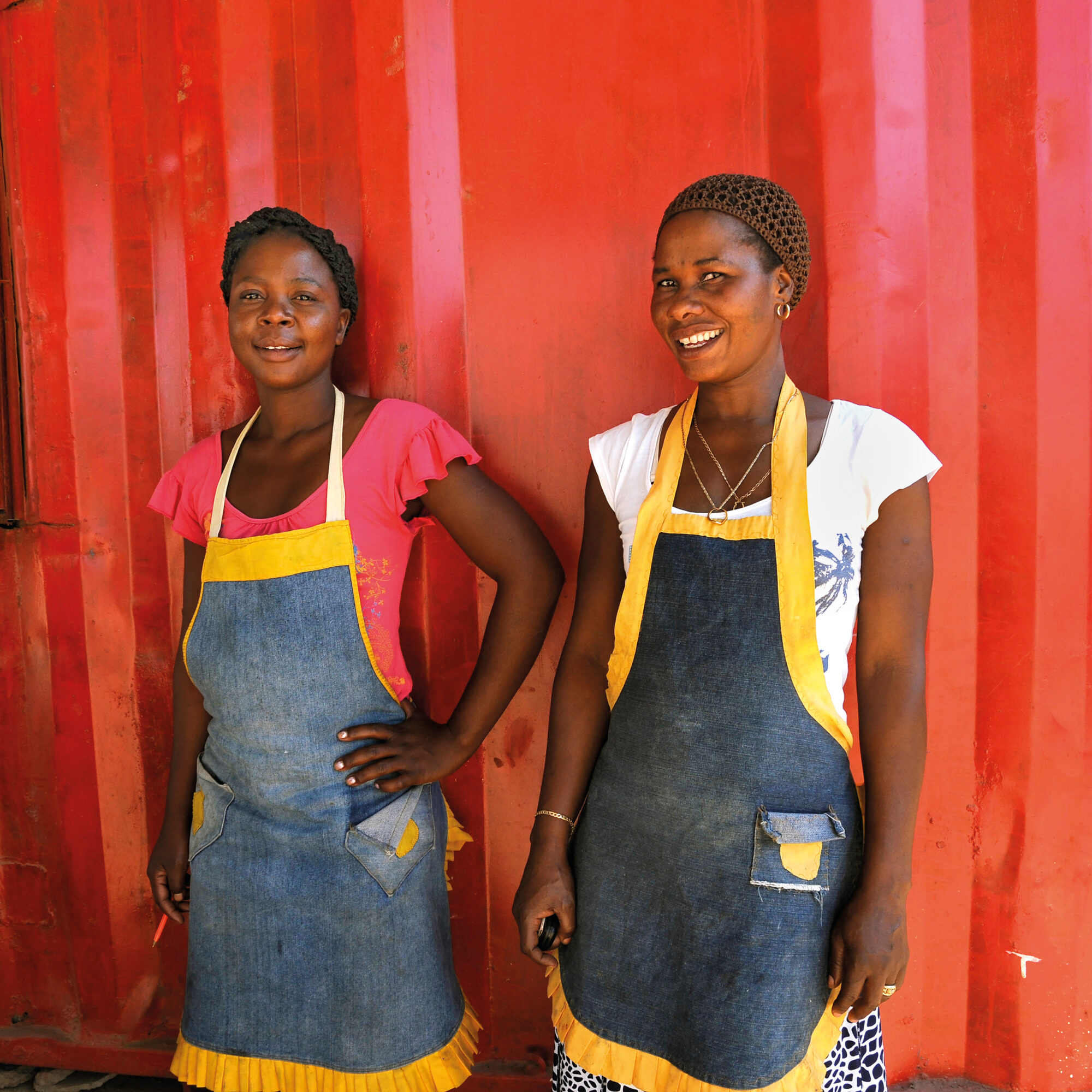

What’s in a name?
Global is hot. No, we are not referring to global warming – denied by some, worrisome to many others. No, this time the spotlight is on global health. It is the focus of the celebration of the 110th anniversary of the Netherlands Society for Tropical Medicine and International Health (NVTG) on June the 9th. It is also the focus of this MTb. The definition of global health is a subject of debate among scholars and practitioners, as it encompasses many angles and implies a multidisciplinary approach. As...
What’s in a name?
Global is hot. No, we are not referring to global warming – denied by some, worrisome to many others. No, this time the spotlight is on global health. It is the focus of the celebration of the 110th anniversary of the Netherlands Society for Tropical Medicine and International Health (NVTG) on June the 9th. It is also the focus of this MTb. The definition of global health is a subject of debate among scholars and practitioners, as it encompasses many angles and implies a multidisciplinary approach. As Koplan et al. explain in the Lancet (2009), “A shorthand term such as global health might obscure important differences in philosophy, strategies, and priorities for action between physicians, researchers, funders, the media, and the general public”. According to them, global health is considered more politically correct than international health. This could be true, as history shows us that health issues and how they are dealt with is very much part of a wider context, including geopolitical relationships and socio-political and economic circumstances in a particular country. And interestingly, with globalization impacting highly on all spheres of our daily lives, we seem to increasingly cherish the local flavours of our direct environment. Or as described by the historian Leo van Bergen in his keynote address delivered at the 2017 NVTG conference: ‘global health in times of nationalism’. It is of course more than a semantic discussion, as Zijlstra also argues in his article. ‘Global health did not develop from tropical medicine, nor has it replaced it’. On the contrary, the two disciplines are complementary. Examining more closely the features of global, international and public health, one can see the commonalities – for example international and global health both promoting prevention in populations and clinical care for individuals – but also the differences, most notably in their geographical reach. One of the differences is that global health takes a truly global approach by focusing not only on health issues in low- and middle-income countries alone. Global health is also popular among students, and many universities are offering bachelor and master programmes and short courses in global health. Van de Velden et al. and Koot highlight some of these trends, presenting an overview of ‘who is doing what and where’ in global health education in the Netherlands. The multidisciplinary nature of the concept is embraced in the curricula, and what was initially meant for medical students (only) has become quite popular among students of health/ life science and other students. In a truly global spirit, global health leverages both perspectives – the medical and the social – to jointly ‘tackle’ cross-border health problems, at home and abroad. Ankie van de Broek, chair of NVTG, looks back at her 34 years with the Society, sketching a personal view of more than three decades in which the NVTG remained true to its mission – amidst the many changes that of course influenced the Society. It comes as no surprise that the discussion of the Society’s name – and what the NVTG stands for – has been on the agenda many times. That the sentiments were strong is evident, as it wasn’t until the year 2000 that ‘international health’ was added to the name. Twenty years later, is it time to consider changing the name yet again?
Esther Jurgens
Ed Zijlstra















































